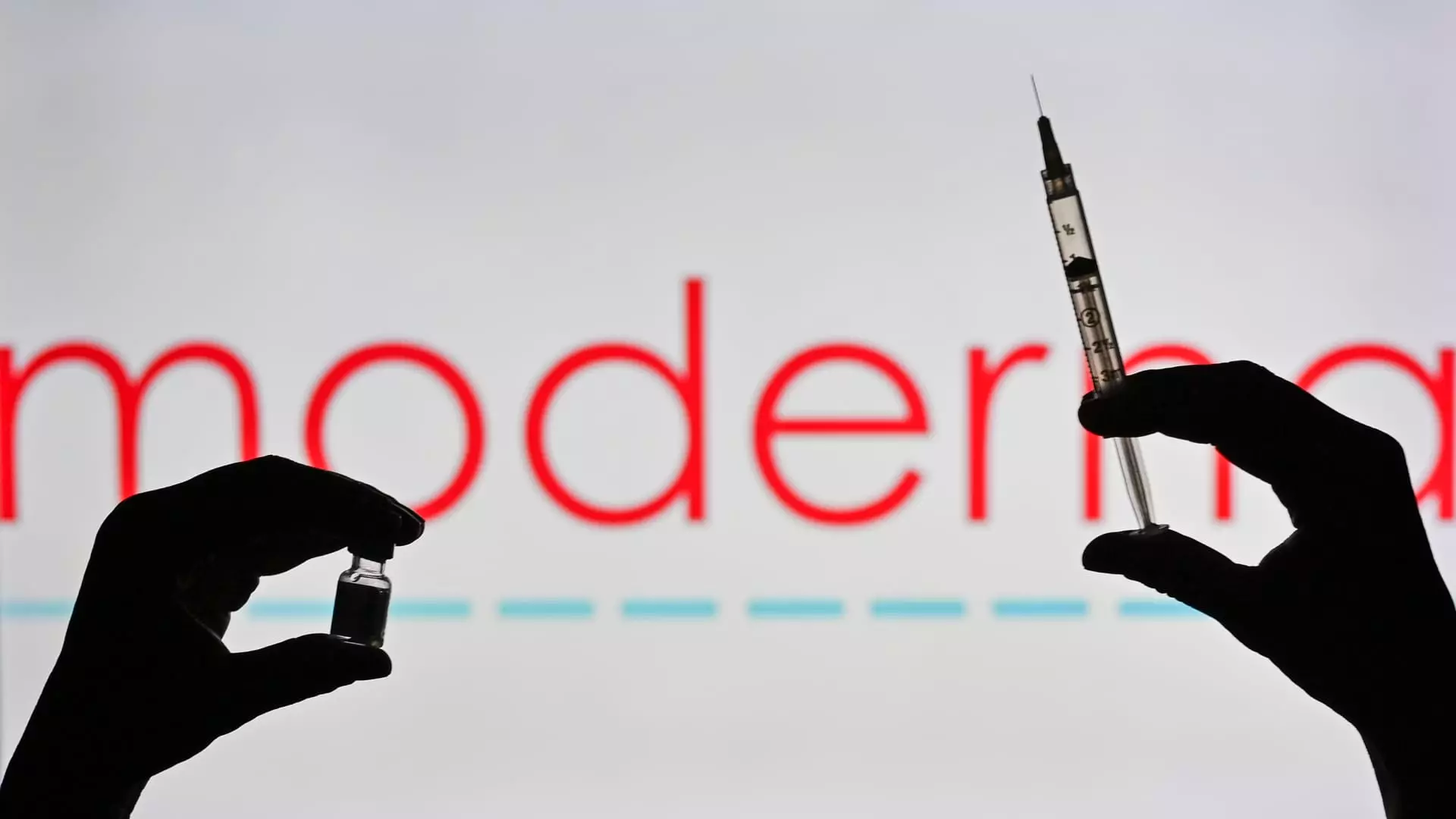Moderna and Merck have recently unveiled positive three-year data on their experimental vaccine, used in combination with the therapy Keytruda, for patients with the deadliest form of skin cancer. The presentation of the data at the American Society of Clinical Oncology annual meeting in Chicago has shed light on the significant improvements in survival rates and long-lasting efficacy observed in a midstage study involving patients with advanced skin cancer. This development marks a crucial milestone in the battle against melanoma, providing hope for patients worldwide.
The latest data reveals that the combination of the vaccine and Keytruda led to a remarkable 75% of patients being alive and free from any signs of cancer recurrence at the 2 1/2-year mark. In comparison, only 55.6% of patients who received Keytruda alone achieved a similar outcome. This improvement was consistent across various patient subgroups, indicating the potential for the vaccine to effectively treat a wide range of melanoma patients. Dr. Kyle Holen, Moderna’s head of development, therapeutics, and oncology, expressed optimism about the treatment’s ability to support melanoma patients in their fight against the disease.
Moreover, patients who received the vaccine in combination with Keytruda demonstrated an impressive overall survival rate of 96% after 2 1/2 years, significantly higher than the 90.2% survival rate among those who received Keytruda alone. These findings underscore the durable impact of the treatment regimen, offering new hope to individuals battling advanced melanoma. Marjorie Green, Merck’s head of global clinical development of oncology, emphasized the significance of the long-term data, highlighting the sustained benefits observed in patients over the three-year period.
With the encouraging results from the study, Moderna and Merck are poised to advance the development of their melanoma vaccine. The FDA’s breakthrough therapy designation for the vaccine underscores its potential to address the critical unmet needs of patients with advanced skin cancer. Both companies are committed to expediting the regulatory approval process to make the treatment accessible to those in urgent need of effective therapies. The ongoing phase three trial focusing on late-stage melanoma patients and other planned studies reflect the commitment of Moderna and Merck to advancing cancer treatment options.
Melanoma remains a significant health concern, responsible for a large number of skin cancer-related deaths. The rapid increase in melanoma cases over the years highlights the urgent need for innovative treatment approaches. With the introduction of the vaccine and ongoing clinical trials, Moderna and Merck are at the forefront of revolutionizing melanoma treatment and improving outcomes for patients. By harnessing the power of immunotherapy, these companies are paving the way for a new era in cancer treatment.
The collaborative efforts of Moderna and Merck have yielded promising results in the fight against advanced melanoma. The innovative vaccine, used in combination with Keytruda, has demonstrated remarkable efficacy in improving survival rates and reducing the risk of cancer recurrence. With ongoing research and development initiatives, these companies are poised to make a significant impact on the lives of melanoma patients worldwide.

